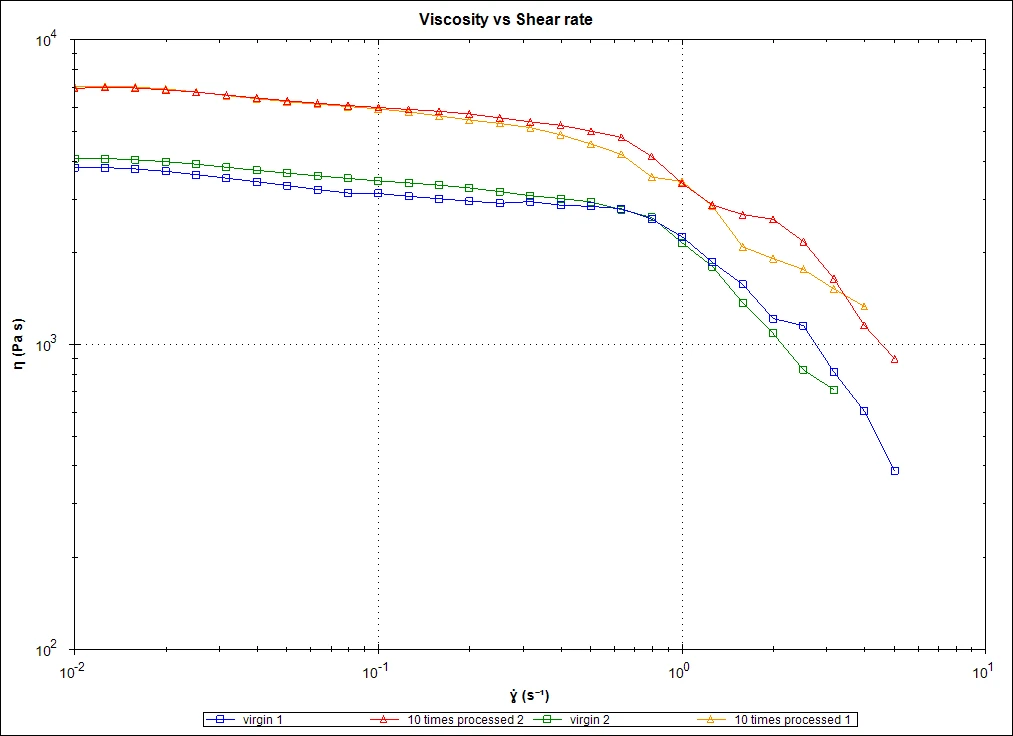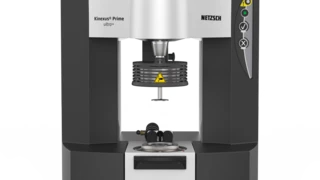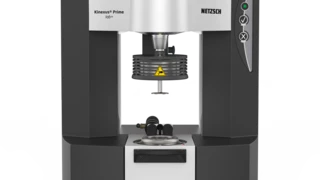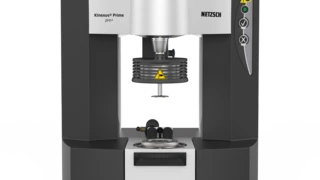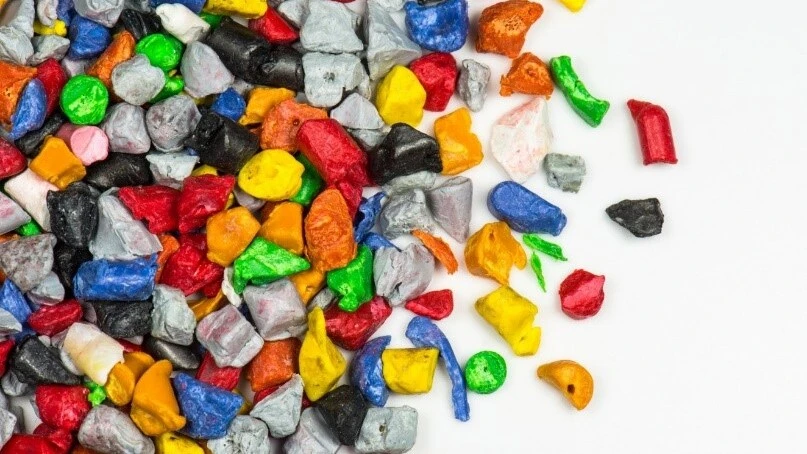
02.04.2024 by Dr. Natalie Rudolph
The Importance of Rheology in Plastics Recycling
A Guide to Developing Strategies Against Material Degradation
Plastics recycling is playing an increasingly important role in the plastics industry and the global economy, not only helping reduce environmental impact and conserve natural resources, but also driving new business opportunities and innovation. In a world that is increasingly focused on sustainability and circular economy, efficient recycling of plastics is a way to address both environmental and economic challenges.
In plastics recycling, understanding the effects of degradation on material properties is critical. The associated changes, which occur through mechanisms such as chain scission, polymerization or crosslinking, can affect the properties of plastics including their viscosity [2]. These changes pose a challenge to the industry in maintaining the quality of recycled materials and preventing downcycling [1]. These material changes are not always visible using thermoanalytical or IR spectroscopic methods. This highlights the need for combining different methods for material characterization.
Rheology plays a key role in addressing these challenges. Rheological measurements enable understanding of the effects of repeated processing steps on polymers and the development of strategies to reduce degradation effects. For example, the rheological study of virgin material compared to a repeatedly processed PEEK raw material – see Figure 1 – shows a significant increase in viscosity, highlighting structural changes in the material.
Measurements by Means of NETZSCH Kinexus Prime Rheometer
The measurements were conducted by means of a NETZSCH Kinexus Prime ultra+ with the following parameters:
| Test | Shear viscosity |
| Geometry | Plate-Plate, diameter: 25 mm |
| Measurement gap | 1 mm |
| Shear rate range | 10-2 s_1 bis 10 s-1 |
| Temperature program | 380°C (IsothermalTests at controlled and constant temperature are called isothermal.isothermal) |
Rheology is available as a method for characterizing repeatedly processed materials (recyclates), to identify possible processing defects, and to adjust the required processing properties through targeted processing optimization, as well as through the addition of additives or blending. This supports the plastics industry's objective of preparing materials in such a way that they can be reused for a wide range of applications, while at the same time advancing sustainability goals.
Sources
[1] Downcycling, or cascading, is the recycling of waste where the recycled material is of lower quality and functionality than the original material. (Wikipedia)
[2] Natalie Rudolph, Raphael Kiesel, Chuanchom Aumnate, Understanding Plastics Recycling (Second Edition), Carl Hanser Verlag, 2020, pages 15-46, ISBN 9781569908464

